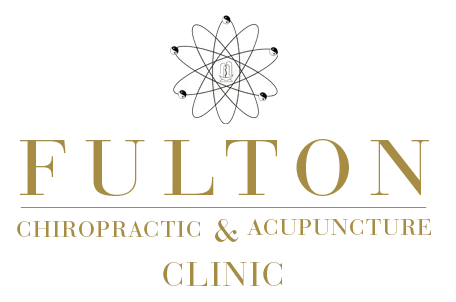Quit Smoking with
Acupuncture
Each year, people across the globe vow to finally quit
smoking for good only to watch their resolution go up in smoke. If you have
tried to quit smoking, you know how difficult it can be. It is hard because
nicotine is a powerful addiction. For some people, it can be as addictive as
heroin or cocaine.
Acupuncture as an alternative approach to smoking cessation
has a growing number of converts. In fact, acupuncture is often a court
mandated treatment for drug addicts because of its ability to curb withdrawal
symptoms and manage craving.
It is estimated that most smokers will attempt to quit 2 or 3
times, or more, before finally kicking the habit. When conventional methods to
quit smoking, such as nicotine gum or patches, have failed, smokers often look
outside the mainstream and turn to alternative medicine.
Acupuncture is not a panacea or a magic cure in the treatment
of any addiction, including smoking. But, acupuncture is effective in making it
easier to quit and remain smoke-free. If you are highly motivated and begin a
healthy and smoke-free life!
A Formidable Addiction
The reasons to quit smoking are endless. Cigarettes have 4000
known poisons, any of which can kill in high doses. One drop of pure nicotinic acid can kill a
man. According to the CDC, tobacco kills more than 440,000 people each year, in
the US alone. Not to mention the chronic illnesses and diseases that are associated
with smoking. Emphysema, lung cancer, high blood pressure, shortness of breath,
chronic cough, an increased frequency of colds and flu; these are just a few of
the widely known risks associated with smoking.
Many people decide to quit because of the enormous expense of
a cigarette habit or are just plain tired of being dependant on a substance.
There is also considerable social pressure not to smoke. I am sure that most
smokers can recall a dirty look or rude comment from someone that was nearby
when they lit up.
How Does Acupuncture Help
Break the Cigarette Habit?
Acupuncture has turned a growing number of cigarette cravers
into permanent ex-smokers. As said before, acupuncture is not a panacea or a
magic cure in the treatment of smoking. It can, however, reduce the cravings
and lessen the withdrawal symptoms associated with quitting.
Oriental Medicine aims to treat the specific symptoms that
are unique to each individual using a variety of techniques such as
acupuncture, Chinese herbs, body work, lifestyle/dietary recommendations and
energetic exercises to restore imbalances found in the body.
Dr. Gerega may do an interview to learn about your unique
smoking habits and perform a physical examination including blood pressure, taking
the pulse and observing the tongue. The emotional and physical symptoms that
you are experiencing will help create a clear picture on which treatment plan
Dr. Gerega can create specifically for you.
The acupuncture treatment will focus on the jitters, the
cravings, the irritability, and the restlessness that people commonly complain
about when they quite. It will also aid in relaxation and detoxification.
What Lifestyle and
Dietary Changes Should I Make?
Exercise is encouraged and dietary and supports are
recommended to rid the body of toxins and avoid relapses:
· Get
plenty of fresh fruit and vegetable juices miso soups to neutralize and clear
the blood of nicotinic acid and to fortify blood sugar.
· Carrots,
carrot juice, celery, leafy green salads and citrus fruits promote body
alkalinity and decrease cravings.
· Avoid
junk food, sugar, chocolate, coffee and cooked spinach. They can upset blood
sugar levels and increase blood acidity which can aggravate smoking-withdrawal
symptoms.
· Green
tea can be sipped daily during the detox period to keep tissues flooded with
elements that discourage nicotine craving.
· Drink
water - Research shows that dryness causes cravings. Sip water frequently
throughout the day
· Deep
Breathing Exercises - to increase body oxygen.
How Many Treatments Will I Need and How Long Do they Take?
The length, number and frequency of treatment will vary.
Typical treatments last from five to 30 minutes, with the patient being treated
one or two times a week. Some symptoms are relieved after first treatment,
while more severe or chronic ailments often require multiple treatments.
A stop smoking program will often consist of 4-6 initial treatments
scheduled in the first few weeks followed by monthly treatment for four to six
months.
